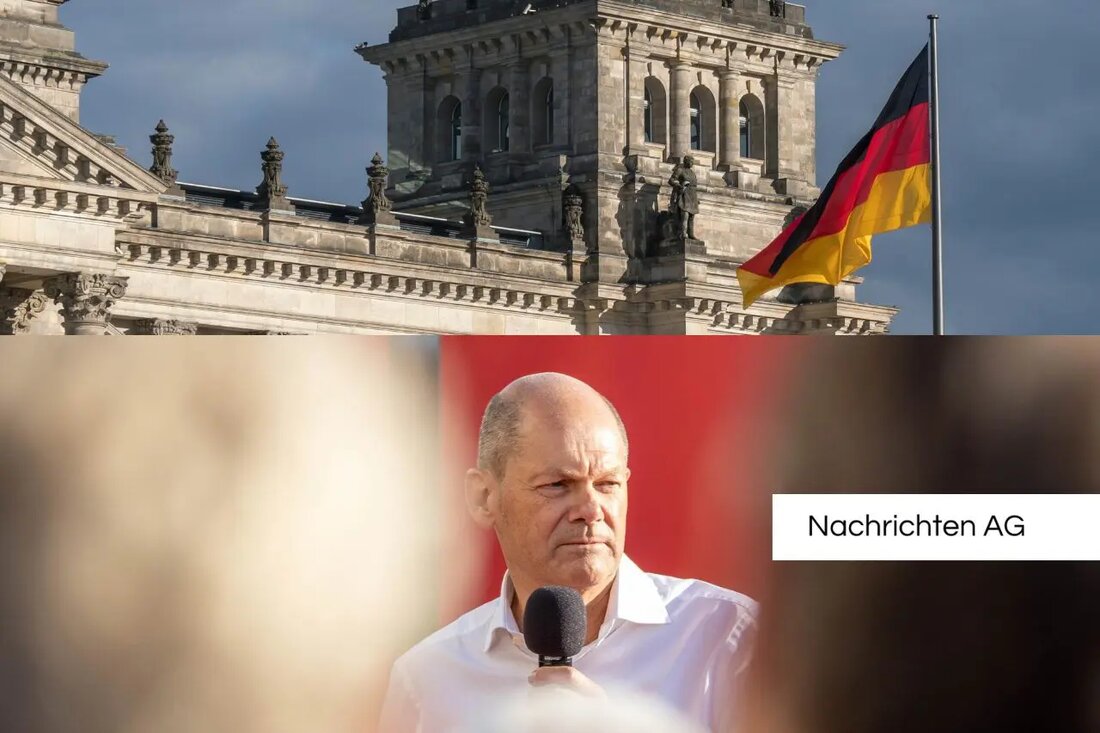Kirchentag in Hanover: A festival of connection and political voice!
Kirchentag in Hanover: A festival of connection and political voice!
On May 4, 2025, the five-day rain of the Kirchentag in Hanover is coming to an end after the event began on May 3. Tens of thousands of visitors flocked to the city to take part in over 1,500 events. The prominent guests include Chancellor Olaf Scholz and former Chancellor Angela Merkel. Radio Euskirchen reports that the church's president Anja Siegesmund emphasizes the political claim of the event. Despite the sales figure of around 65,000 tickets, a target of up to 100,000 visitors is sought.
Hannover city center at times experienced up to 150,000 people, mostly in good weather. The financing was a special challenge: the Kirchentag cost a total of 24 million euros, with about half covered by tax money. Appointments have already been made for the next church days: 2027 in Düsseldorf and 2029 in Hamburg.
topics and discussions
The Kirchentag, which is under the motto "brave, strong, courageous", addresses various current challenges. This includes the war in Ukraine, dealing with the AfD as "secured right -wing extremist" and the role of the church in social debates. The opening speech held state bishop Ralf Meister, who emphasized that the Kirchentag was an energy source for those who want to work for a fairer world. NDR emphasizes that Federal President Frank-Walter Steinmeier described the Kirchentag as "after-house coming" and thus underlined the importance of coming together at the present time.
Discussions about the political roles of church representatives and their influence are concise topics. Chancellor Scholz warned of premature AfD ban, while Merkel defended her migration course. Federal President Steinmeier also praised the open discussions as a rare discussion on pressing social issues, such as arms deliveries to Ukraine and sexual violence in the church.
a festival for all generations
With around 5,000 helpers on site, the event was peaceful, despite extensive security measures that included surveillance cameras and a ban on drones. The streets, including the Friedrichswall and Georgstrasse, were closed because of the high number of visitors. Visitors were able to travel with tickets for different periods, which also included the use of public transport in Üstra zones A to C.
In addition to the political discussions, cultural highlights were not neglected. Musical evening meals with hits from ABBA and Taylor Swift as well as sporting offers such as a football service and a running prayer enjoyed great popularity. A “market of possibilities” offered non -profit groups the opportunity to present themselves.
The ecumenical peace synod, led by Margot Käßmann, called for new peace ability instead of continuing upgrading. The church -political discourse remains exciting, especially according to critical statements by Julia Klöckner, who urges the church to make more voice and clarity on questions of meaning.
A Kirchentag not only represents a mobilized form of the church, but also acts as a festival to strengthen social capital in society in the sense of interreligious dialogue. Kirchentag.de Reminds that Kirchentage has been acting as a platform for a variety of topics since 1949 and creating space for social participation and commitment.
| Details | |
|---|---|
| Quellen | |


Kommentare (0)